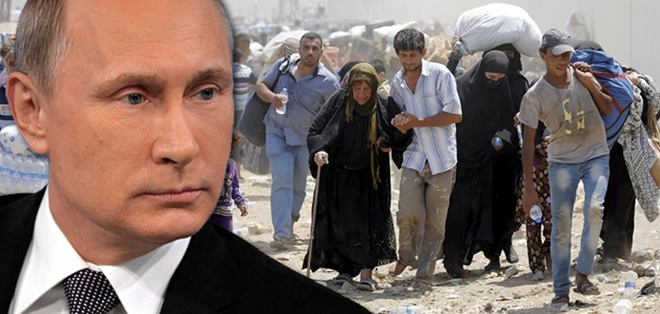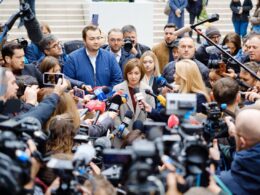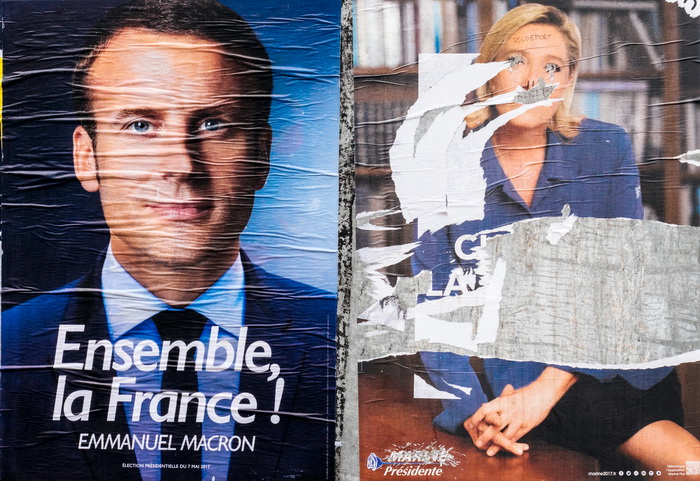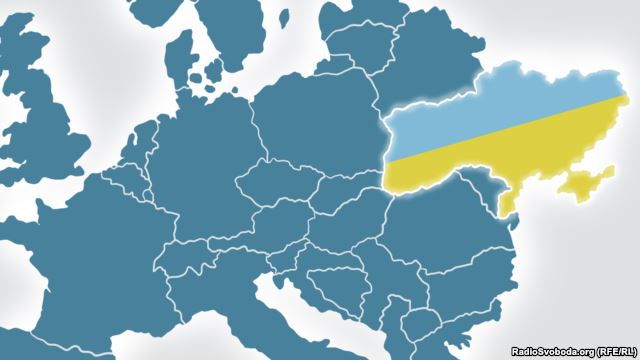The refugee question did not only affect the countries surrounding Syria, it has turned into an international issue, as many countries are now forced to find a solution to the influx of refugees and the direct and collateral impacts of the phenomenon.
The whole picture can be summarized by grouping it into five classes or dimensions:
- Personal
- Social
- Economic
- Diplomatic
- Security
Each of these is interrelated to each other in this taxonomy; yet dividing the fields allows the researcher to understand the issue better.
Most important is the personal dimension. Those are people, not statistics. When one dies, it means the absolute end of a story, doomsday for a person. People alienating themselves from the “matter” to make “objective observations” miss an important point; the objective of a pair of scared eyes of a child is not less important.
The social dimension is the most complicated one, directly related to all others. The influx of refugees, especially into Europe, caused a clash of cultures, increased xenophobia among Europeans. A different religion, alien cultures, traditions, and values seriously affected the collective well-being of European people, causing tensions.
The economic dimension
has two sides. First, direct aid for these people cost governments a considerable amount of money and material, and maintenance cost is especially becoming a burden for small economies. Besides, in most of the countries refugees started to be employed, especially in Türkiye. At first glance, this may appear as a healthy and dignified means of letting the refugees earn their bread; however, it also has negative consequences. Refugees entering the labor pool decrease average salaries, because they are willing to be paid less, leading to complaints of locals that the refugees either “stole their jobs” or “slashed the salaries." This directly affects the social situation in the countries accepting refugees, steadily enhancing xenophobia among locals.
The diplomatic dimension is a particularly hot topic in Türkiye. Refugees have been turned into “diplomatic weapons.” Countries that host large numbers of refugees use this as an instrument to their diplomatic actions. Besides, border crossings by the refugees cause diplomatic crises and anger, further complicating the issue.
Lastly, the security dimension also poses a great threat. Refugees are barely well organized in camps or decent areas, most of them roam illegally in cities, unregistered and unregulated. This increases organized crime either perpetrated by the refugees or with refugees as victims. Mara Salvatrucha, one of the most infamous criminal organizations in world history, was founded by refugees to the USA after a civil war in San Salvador. There is a risk that mafia and terrorist organizations will start “recruiting operations” among refugees, exploiting them as a fresh pool of militants. Moreover, terrorists pretending to be refugees manage to cross borders relatively easily, making the situation even worse.
- All these consequences cause collateral damage to the EU.
The impact of the refugees is manipulated and exploited by the far-right parties and organizations to increase the anti-EU, anti-NATO, and pro-Russian sentiment in Europe. Therefore, one can say Putin is happy to see that the conflict in Syria remains unsolved, refugees keep flooding the EU, and the international community is still debating on trivial matters related to their internal politics, with countries unable to find a permanent solution.
Perhaps he is bombing civilian populated areas on purpose to increase the mass migration towards EU.
Related:
- Moscow in Syria is to undermine West, not to support Assad, Belarusian experts say
- Ankara explosion and Turkish-Russian proxy war in Syria
- Young Russians flow en masse to fight for Islamists in Syria and Iraq, Moscow expert says
- Russia with current borders and values will remain a threat to Ukraine, Europe and itself, Portnikov says
- Europe hasn't rejected Russia; Russia has rejected Europe, Shevtsova says
- For Moscow, Russia's 'most dangerous opponent' in Europe is Poland and 'most harmful' is Estonia, Illarionov says
- West must again shift from containing Russia's leaders to defeating them, Pastukhov says
- How France is undermining the sanctions against Russia





